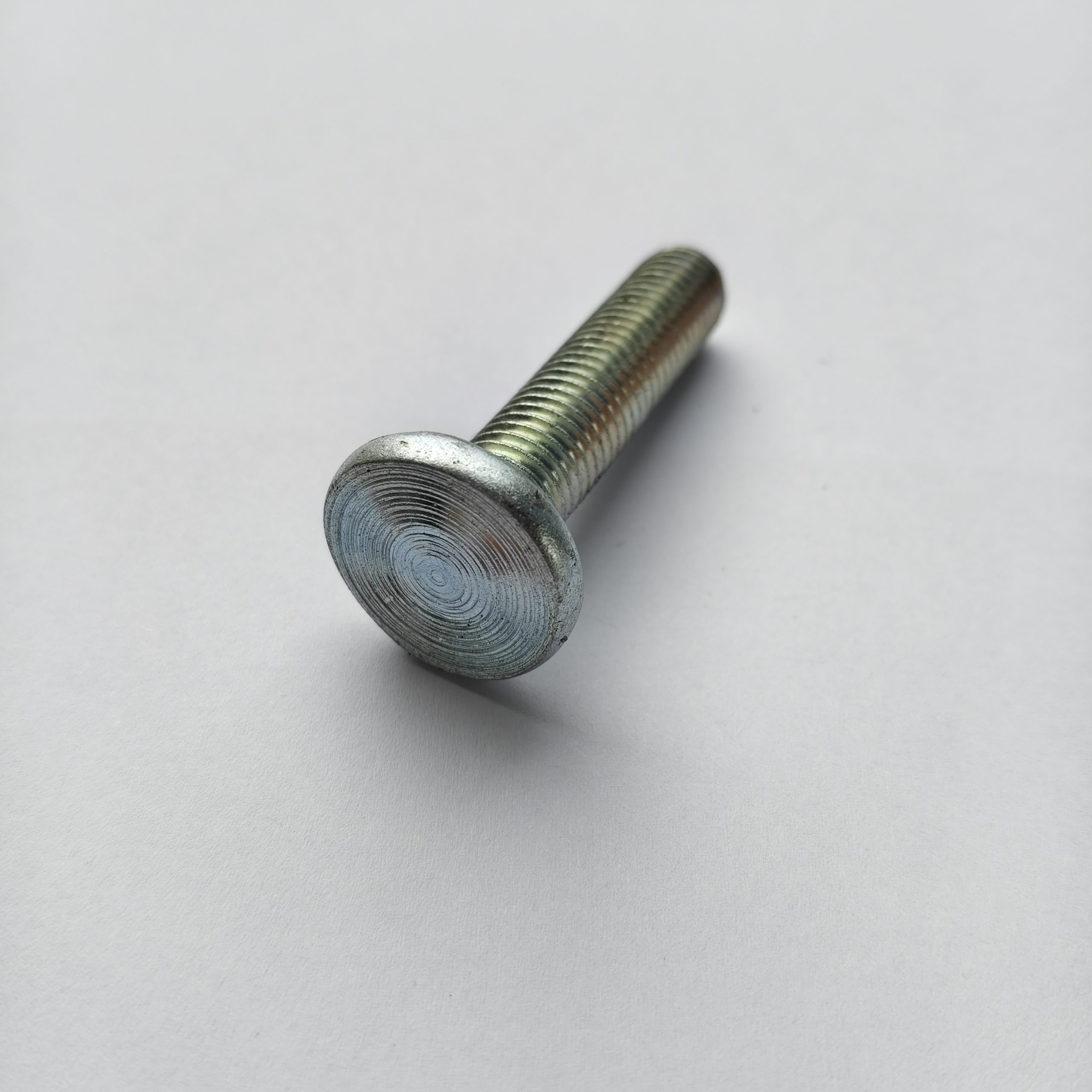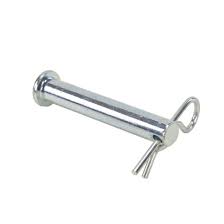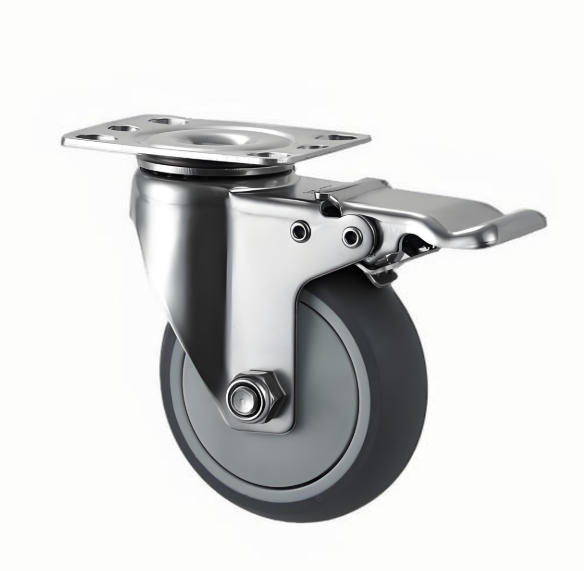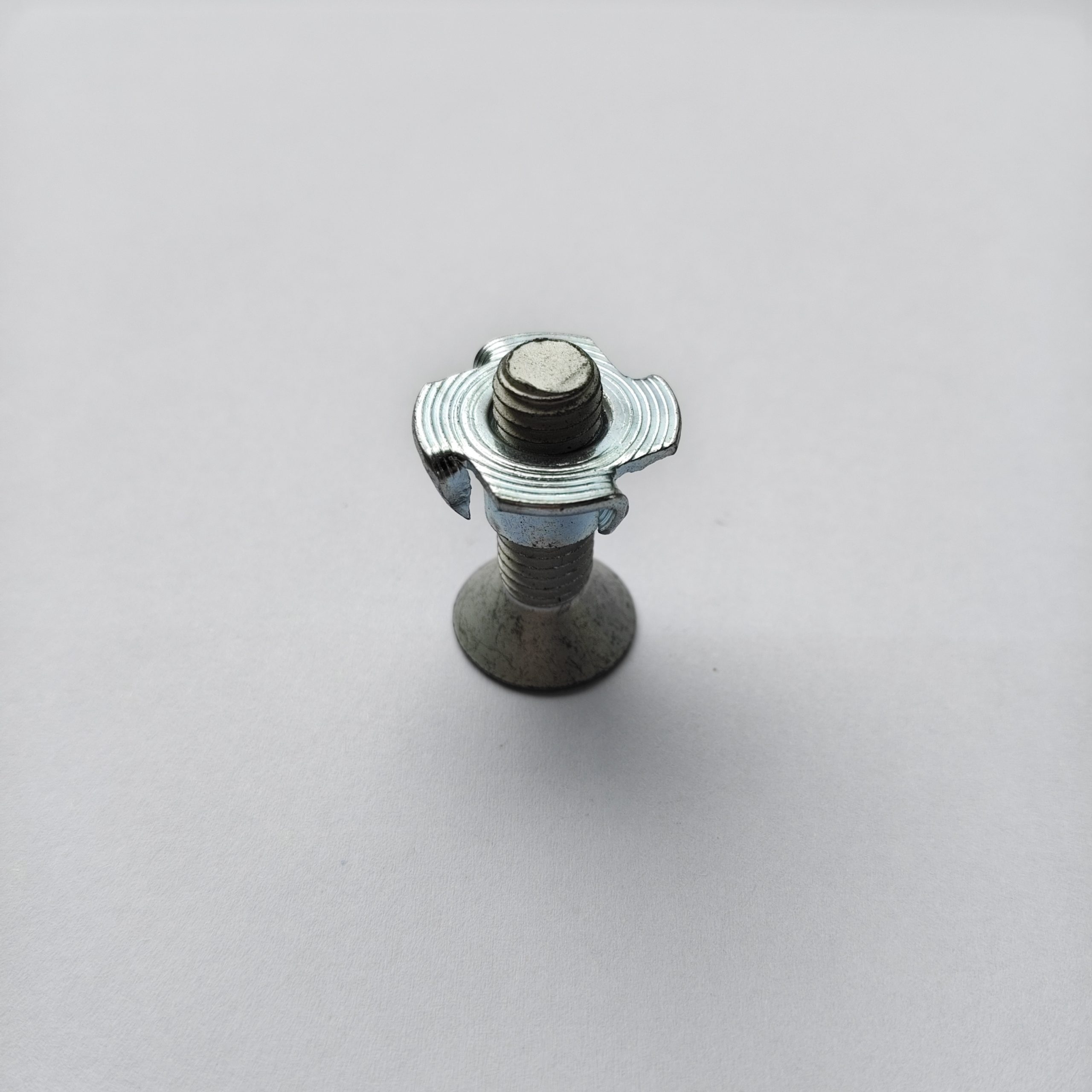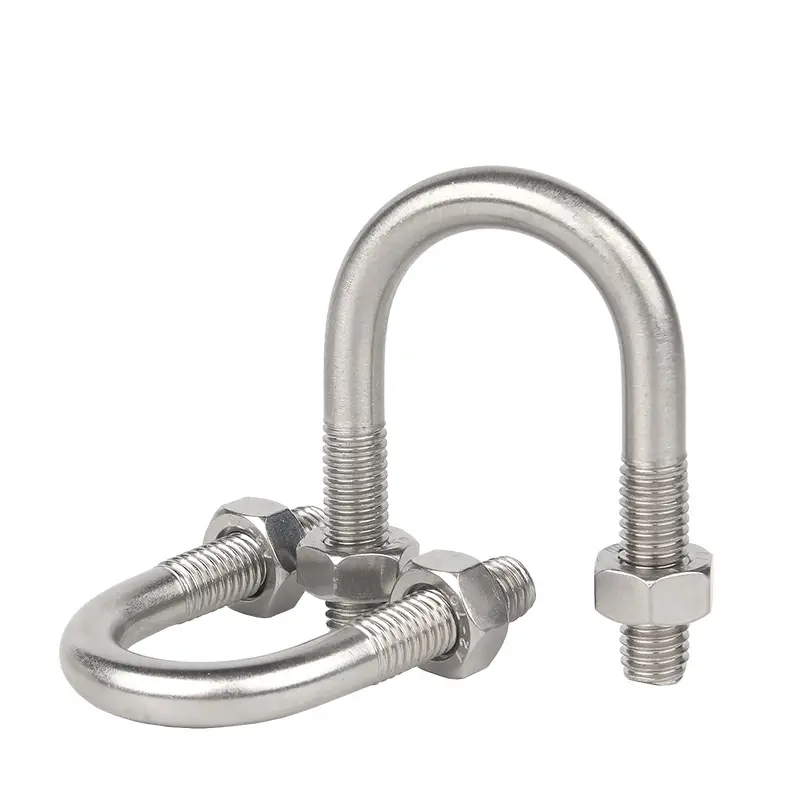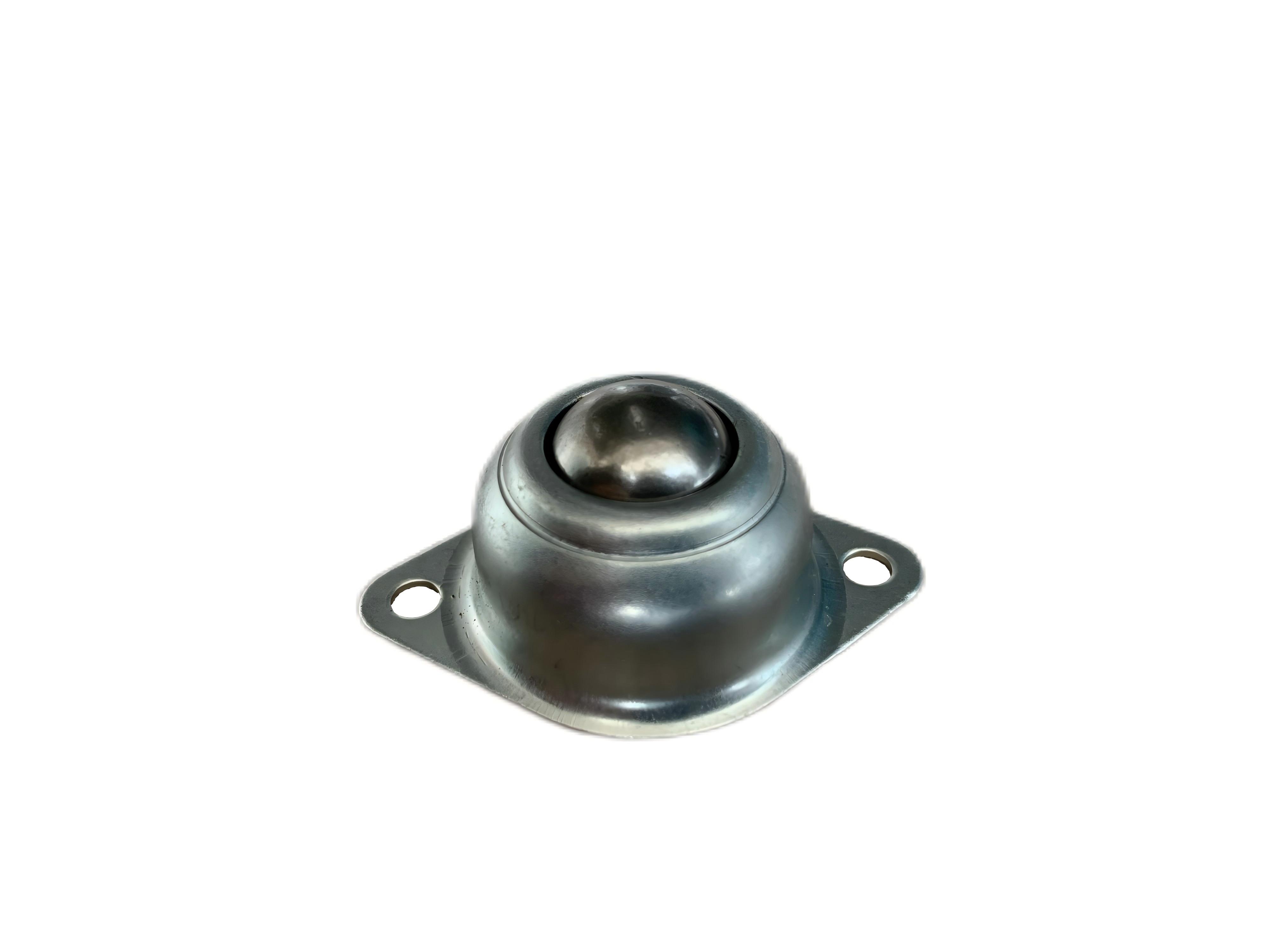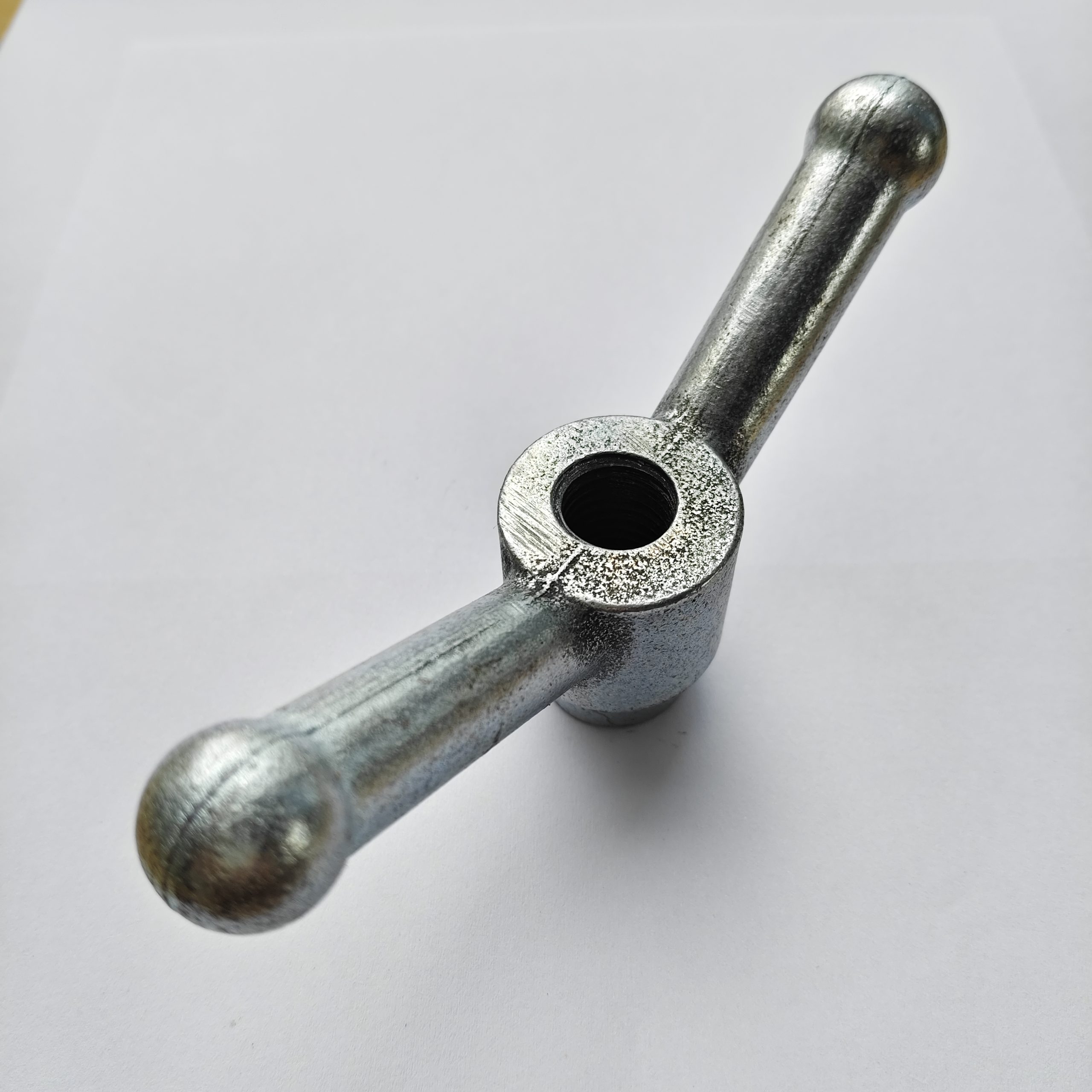

This comprehensive guide explores the world of China nut locks, providing crucial information for selecting the ideal fastener for your specific application. We'll delve into different types, materials, applications, and considerations for ensuring secure and reliable fastening. Learn how to choose the best China nut lock for your needs and avoid common pitfalls.
Nylon insert lock nuts are a popular choice, utilizing a nylon insert to create friction and prevent loosening. These are cost-effective and suitable for a wide range of applications. They offer good vibration resistance and are easy to install. However, the nylon insert can degrade at high temperatures, limiting their use in extreme environments. Many reputable suppliers in China, including those you can find through online searches for China nut lock suppliers, offer this type. For instance, a company like Hebei Dewell Metal Products Co., LTD (https://www.deweLLfastener.com/) provides high-quality options.
All-metal lock nuts, such as those with locking features like teeth or deformed threads, provide superior strength and temperature resistance compared to nylon insert nuts. They are ideal for high-vibration or high-temperature applications where reliability is paramount. However, they can be more difficult to install and may require specialized tools. The cost is generally higher than nylon insert types. The choice between different all-metal China nut lock designs often depends on specific application requirements and load capacity.
Other types of China nut locks include prevailing torque nuts, which rely on a specific torque to maintain their grip, and weld nuts, which are welded directly to the workpiece. The selection of the appropriate China nut lock is heavily influenced by the application's demands and environmental conditions. The right choice often involves a trade-off between cost, performance, and ease of installation.
The material of your China nut lock is crucial. Common materials include steel (carbon steel, stainless steel), brass, and aluminum. Steel offers high strength, while stainless steel provides corrosion resistance. Brass and aluminum are often chosen for their lighter weight and corrosion resistance in specific applications. The correct material choice will significantly impact the lifespan and performance of the fastener.
Ensure the thread size and type of the China nut lock are compatible with your application. Incorrect threads can lead to improper fastening and potential failure. Consult engineering specifications or datasheets to verify compatibility.
The strength and load capacity of the China nut lock must meet or exceed the demands of the application. Overloading can lead to failure, while underestimating the required strength can compromise the security of the assembly.
| Feature | Nylon Insert | All-Metal |
|---|---|---|
| Cost | Lower | Higher |
| Temperature Resistance | Lower | Higher |
| Vibration Resistance | Good | Excellent |
| Ease of Installation | Easy | More Difficult |
Selecting the appropriate China nut lock requires careful consideration of various factors. Understanding the different types, materials, and application requirements is crucial for ensuring a secure and reliable fastening solution. By following the guidance provided in this article, you can make an informed decision and avoid potential problems. Remember to always consult relevant engineering standards and manufacturer specifications for your specific application.

